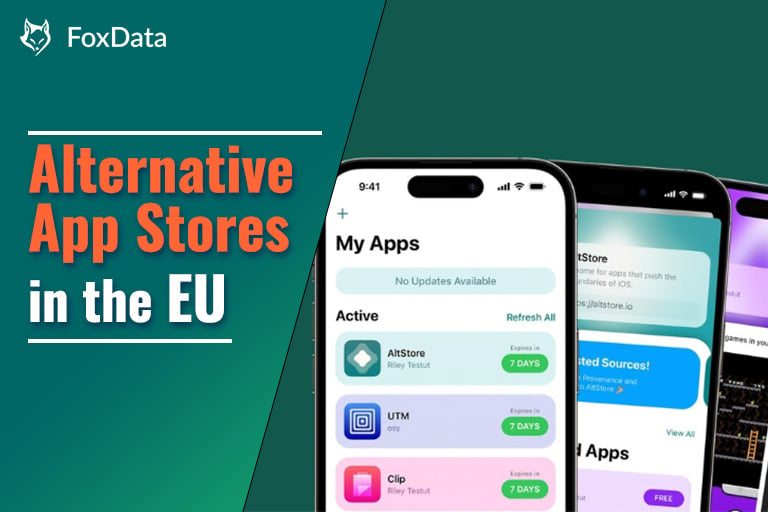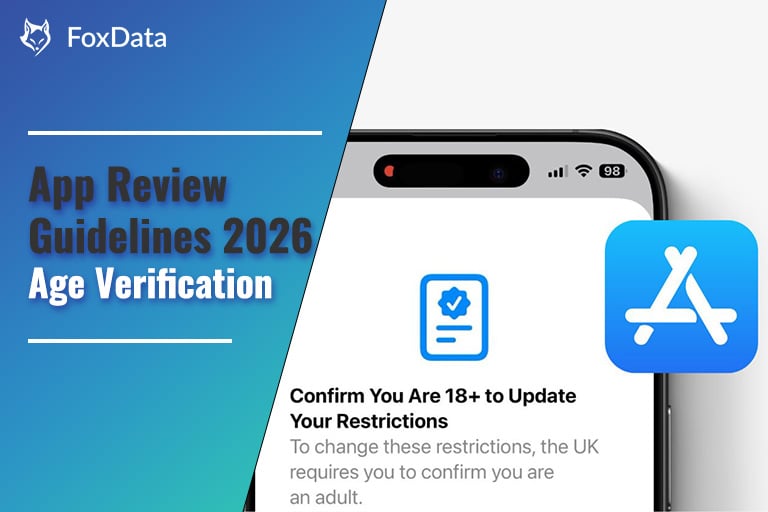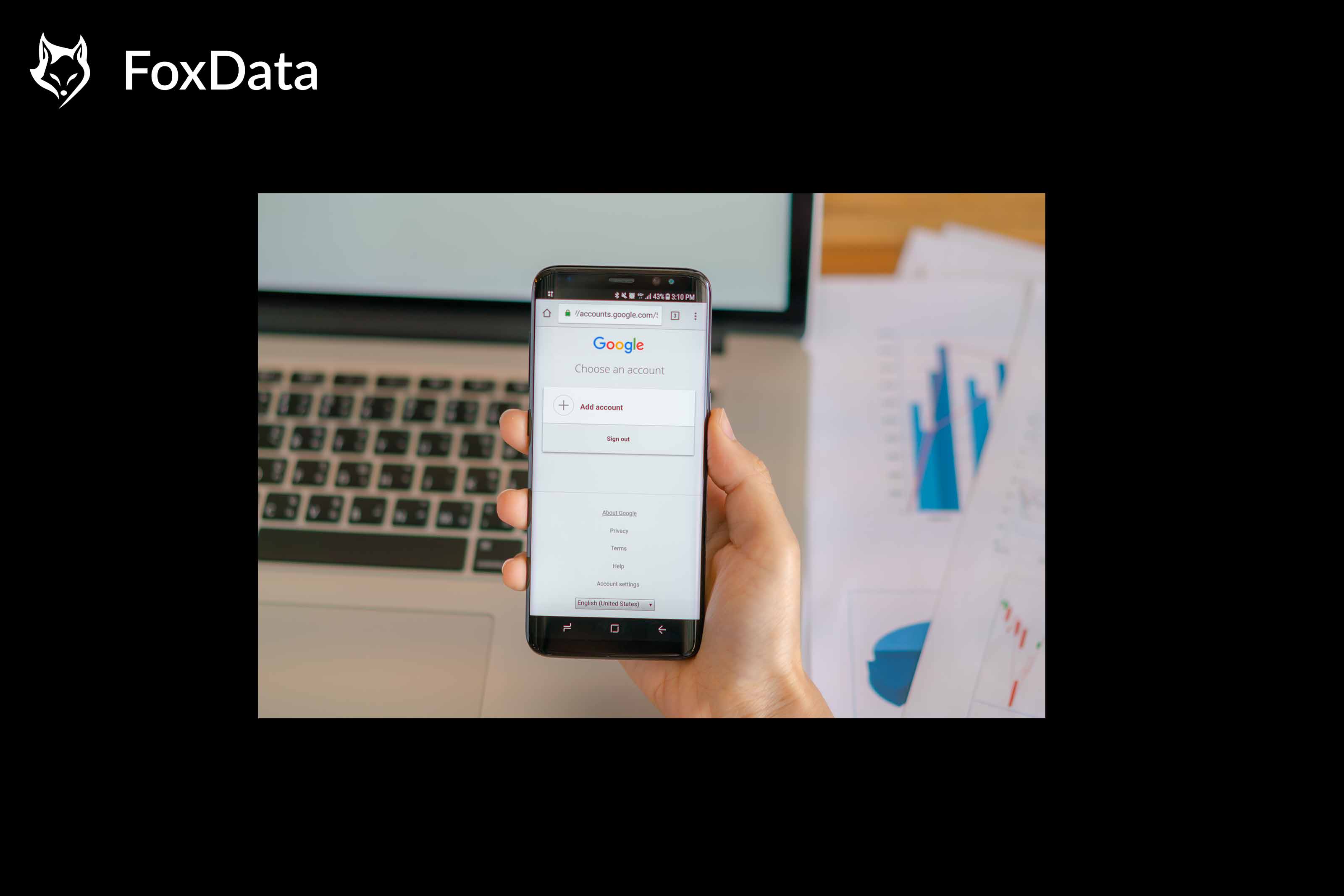How to Successfully Navigate the App Store Review for Subscription-Based Apps
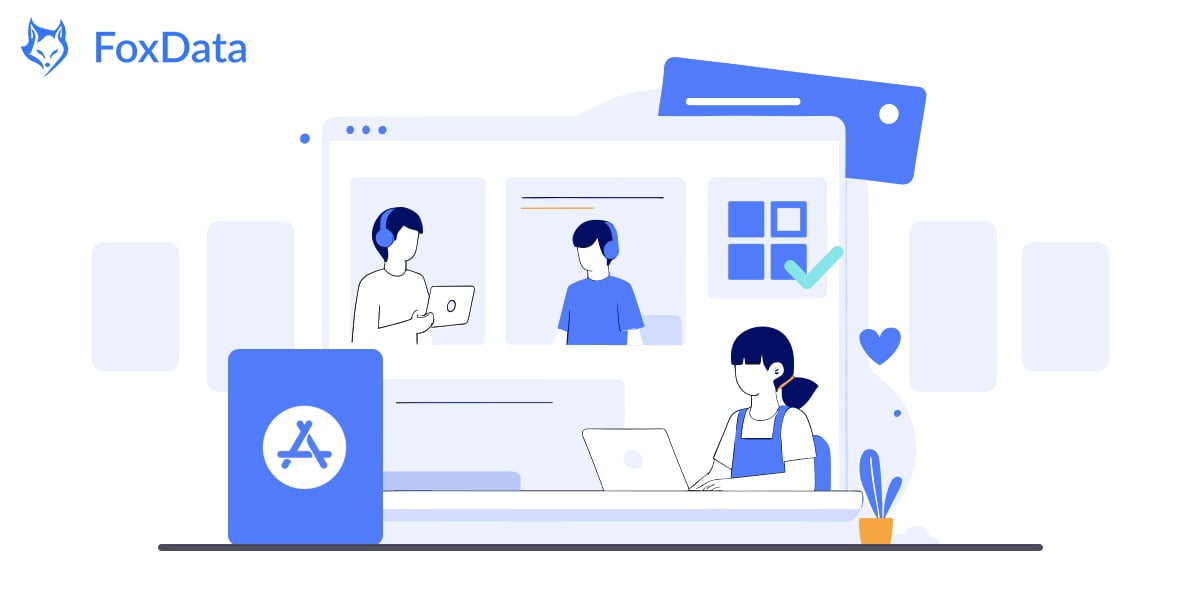
Apple's App Store meticulously reviews all submitted apps to ensure adherence to its guidelines. Delays in the review process often result from developers infringing upon these guidelines, whether it's a significant issue like including banned content or a minor error such as an inaccurate in-app purchase description.
This blog will explore how to streamline the review process for your subscription-based app.
Understanding App Store Reviews
Every update to an app, no matter how minor, requires a fresh review. Even small changes, like adjusting the placement of buttons, necessitate a new build submission for approval. The App Store's rigorous review process ensures that users are protected from subpar, unsafe, or misleading apps. Children's apps undergo even stricter reviews to prevent any inappropriate content or concealed functionalities.
Apple may also conduct spontaneous reviews in response to user complaints or if an app generates a high volume of refund requests, signaling potential issues with the app. Apps that have not been updated or reviewed within a year are subject to removal.
Developers are notified 90 days in advance to update their app, failing which the app is removed from the store.
Verification Processes for iOS Apps
To begin the review process, developers must upload the app build to App Store Connect for automated checks against Apple's guidelines and scans for malicious code. For instance, transferring executable code to the user's device is generally prohibited, except for educational apps featuring a code editor.
This stage identifies any technical discrepancies, such as an app built with an outdated Xcode version. Developers are then instructed to rebuild and resubmit the app. Typically, this initial check takes about 20 minutes, though it can occasionally extend to several hours.
After processing, developers confirm the app for review.
Since 2022, App Store Connect has allowed for the review of specific features such as in-app events and product pages without the need for a new app version.
While Apple keeps the details of the review process confidential, it is known that review team members manually check key functionalities, user interface elements, and in-app purchase mechanisms. Review times can vary, with longer waits expected before major holidays. The average wait for a review is around 9 hours, and the review process takes about a day, based on data from Runway.
Empower Your Indie App Growth with FoxData App Analytics Solution for Small Teams.
First-Time App Store Review Insights
The initial review of an app can take up to a month, particularly for apps with unconventional user flows or features. If questions arise, the review is paused, and the developer is contacted for clarification.
For apps requiring user login, it's advisable to provide test account credentials in the build's description to expedite the process.
The review team may also inquire about the app's target audience and intended use. The review team might request detailed explanations of the app's functionalities, which can be provided in writing or via a screencast.
Common Pitfalls in the iOS Review Process
Apps are subjected to the scrutiny of the App Store's policies, and failure to comply results in rejection.
When violations are detected, the reviewer will note the issue, often citing the specific guideline, but may not detail the required corrective action, leaving developers to deduce the necessary changes.
Human judgment influences the review process. A reviewer might overlook a violation that doesn't manifest in all scenarios, or conversely, they may deny an app based on a strict interpretation of guidelines.
Developers confident in their app's compliance can contest a rejection by providing proof of adherence to the guidelines. Sometimes, submitting a new version with minor adjustments can lead to a different reviewer granting approval.
Intentional rule breaches, such as embedding hidden features that activate post-review, are eventually discovered, leading to the app's removal and possible developer penalties, including account suspension.
Additional grounds for rejection include:
- Technical issues like bugs, excessive load times, or instability.
- Incomplete functionality, such as non-responsive buttons.
- Unauthorized access to user data without a clear purpose.
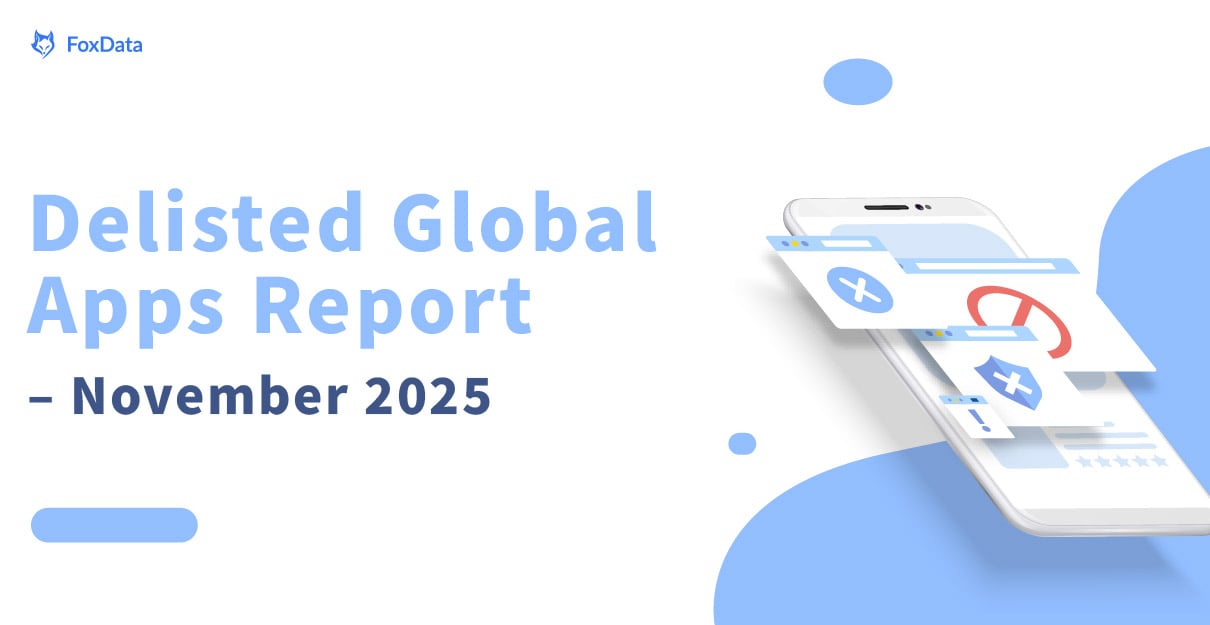
Dive into the latest global app delisting data to uncover key trends, platform insights, and what app removals reveal about the app market in November 2025.
How to successfully pass the review
To maximize the likelihood of passing the review, developers should:
- Regularly consult the App Store guidelines, which are periodically updated. Notably, apps must now enable users to delete their accounts and associated data.
- For subscription-based apps, ensure in-app purchases are transparent and user expectations are met. This involves unlocking features, content access, or subscription activation.
Key points for a successful review include:
- Displaying all subscription options on a single screen.
- Providing clear, detailed product descriptions so users understand what they're buying and at what cost.
- Ensuring purchase terms are readable and partially visible without scrolling.
- Accurately presenting costs and currencies for all available regions.
- Highlighting the most advantageous subscription or purchase choice.
- Ensuring product descriptions match the actual in-app purchase content.
- Translating product information accurately for all supported languages.
Related blog for app developers: A Guide to Handling App Removal from the App Store
Now just join FoxData and embark on a journey of marketing excellence as we unveil the latest industry news, unveil powerful growth strategies, release and remove monitor, and present cutting-edge measurement solutions. We help you monitor both your competitors' app and yours.
App Growth & ASO Tools by FoxData
FoxData supports every stage of app growth with specialized ASO and app analytics tools, helping teams improve keyword visibility, user acquisition, and retention through reliable data.
🔍 Store Keyword Research Tools
Research high-intent keywords, search volume, and competition to strengthen your app store optimization strategy.
📈 App Store Keyword Tools
Analyze keyword rankings and performance across the Apple App Store and Google Play to refine ASO execution.
📊 ASO Monitoring Tools
Monitor keyword ranking changes, visibility trends, and ASO impact over time with continuous performance tracking.
👥 User Activity Monitoring Tools
Understand in-app user behavior, engagement, and retention with real-time user activity analytics.
Together, these tools form FoxData’s ASO analytics and app intelligence ecosystem, designed to help developers, marketers, and growth teams make data-driven decisions and scale sustainably.
Explore it today!
With FoxData as your guide, watch your performance soar to new heights!


